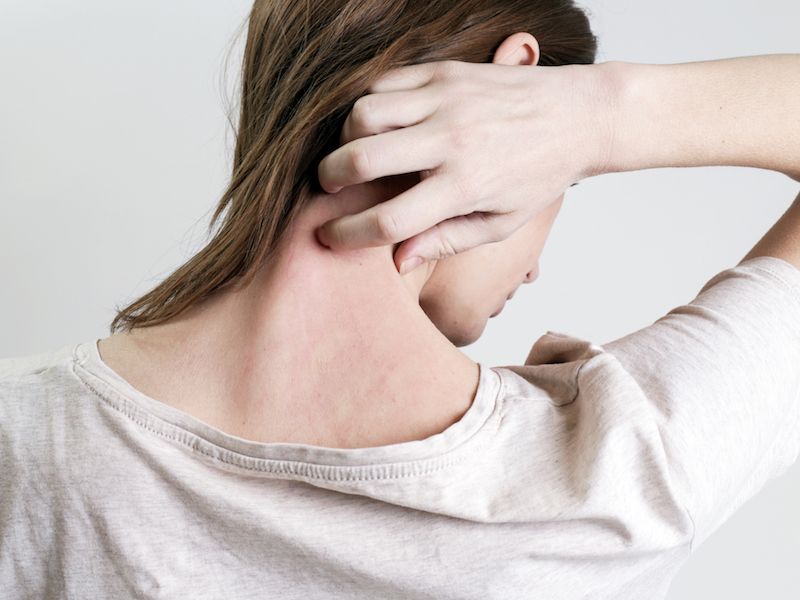
When you think of psoriasis, you most likely think about all those commercials showing people with skin problems. Psoriasis affects your general health and not only your skin. Psoriasis is commonly misunderstood and minimized, due to a lack of knowledge of how psoriasis impacts sufferers as well as the serious conditions that can be related to this disorder. Though plaques on the skin are its most obvious indicator, they’re indicative of what psoriasis can do in the whole body: The risk of metabolic problems that are increased by chronic inflammation and cardiovascular disease.
Psoriasis is also linked to another issue according to a different recent study: Hearing loss. Published in The Journal of Rheumatology, The relationship between hearing impairment, psoriatic arthritis, and mental health were evaluated in this research. Psoriatic arthritis has an affect on the joints, and is a type of psoriasis, causing pain, inflammation, and difficulty with movement. The tell-tale plaques may not be experienced by people who suffer from psoriatic arthritis.
With psoriatic arthritis, the body is basically targeting its own healthy tissue like it does with rheumatoid arthritis because they are all autoimmune diseases. But as opposed to rheumatoid arthritis, you might have psoriatic arthritis on only one knee due to the fact that it’s asymmetrical, and it doesn’t only impact joints but leads to painfully swollen toes and fingers while it targets sufferer’s nails and eyes.
Based on the findings of this recent study, inflammation caused by psoriatic arthritis could also affect hearing.
A significant control group of individuals with neither psoriasis or psoriatic arthritis were contrasted against people who had one or the other condition. They found that hearing loss was more likely to be documented by the group that suffered from psoriasis, and those reports were backed by audiometric testing. Even when controlling for other risk considerations, people diagnosed with psoriatic arthritis were significantly more prone to suffer from loss of hearing than either {psoriasis sufferers or the control group}.
But there is an evident connection between psoriasis, psoriatic arthritis and hearing loss. A 2015 study discovered that there is a considerably higher risk, for people with psoriasis, of developing sudden sensorineural loss of hearing, also called sudden deafness. With sudden sensorineural hearing loss, sufferer’s ability to hear diminishes significantly in three days or less. It has several possible causes, but scientists hypothesize that people who have psoriasis are in greater danger due to the kind of fast inflammation that occurs during a flare-up of psoriasis symptoms. If this takes place in or near the cochlea, it might impair hearing. This form of hearing loss, in some cases, can be aided by treatments that relieve psoriasis., but hearing aids are often recommended when other treatments don’t seem to be working.
It’s worthwhile to keep track of your hearing if you have psoriasis or psoriatic arthritis.
Make regular hearing tests along with your yearly health-care appointments. The inflammation from these diseases can lead to damage of the inner ear, which can result in loss of balance and psoriatic arthritis. Psoriasis and psoriatic arthritis are both also linked to depression and anxiety, which can both aggravated hearing loss. Hearing loss is a condition you want to catch early because neglected hearing loss can lead to other health issues such as dementia.
Awareness is key, and cooperating with your doctors and periodically having your hearing evaluated can help you keep ahead of symptoms with early intervention. Neither hearing loss nor psoriasis should influence you to compromise your standard of living, and all the difference is having the proper team by your side.